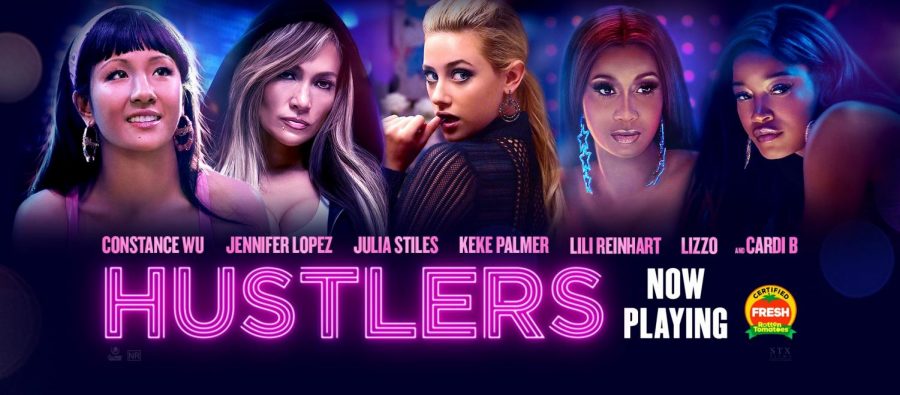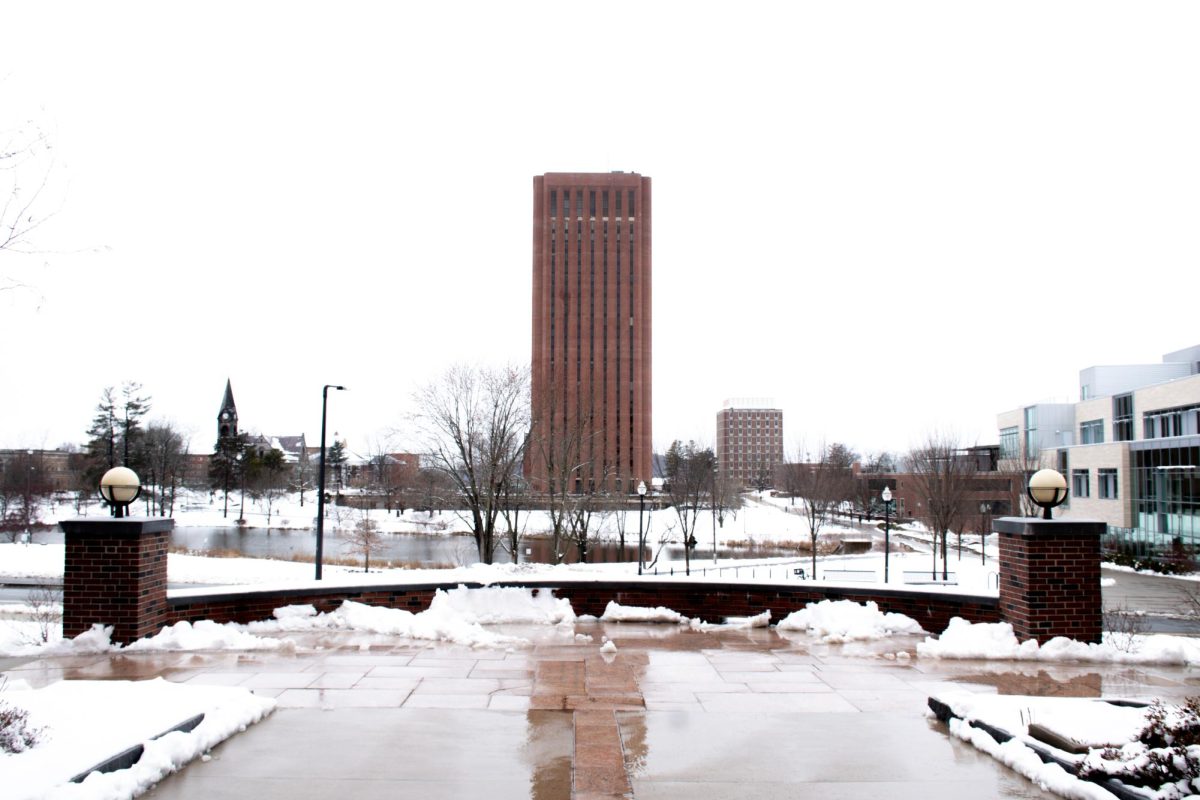Earlier this September, Jennifer Lopez’s new movie “Hustlers” came out in theaters. Lopez plays the ringleader of a group of strippers who drug powerful men and manipulate them out of thousands of dollars.
Despite rave reviews from critics calling it a “funny, naughty, enormously entertaining kick in the pants”, it was banned in Malaysia for its excessive, obscene content. This isn’t very surprising given Malaysia’s extensive history of censorship, specifically in movies. The list of films ranges from overtly sexual ones like “Fifty Shades of Gray” to children’s films like Disney’s 2017 remake of “Beauty and the Beast.”
Why should you care? The Film Censorship Act in Malaysia was created to protect the public from any content that may infringe on the moral, religious, or cultural peace. While I understand that the scandalous aspect of the film doesn’t scream “family-friendly”, there’s an important part that we shouldn’t overlook: the struggle of making a living in a society that is working against you.
Let’s get this out of the way. Yes, the movie is about strippers using their sex appeal to seduce, drug and rob Wall Street bankers. This isn’t exactly “Finding Nemo.” But by focusing on dehumanizing Lopez’s and Constance Wu’s characters, we’re perpetuating the stigma that strippers, and sex workers in that same realm, are dirty and should be isolated from the public.
I am by no means justifying the crimes of these women. The 2008 recession put millions of jobs at stake, leaving families across the country struggling to make ends meet. Not all of these people resorted to crime to do so. Then again, not all of these people were working in an industry that is looked down upon. While the film features a flashy facade of glamour and riches, the audience also sees a glimpse into the lives of the women and what led them to fall susceptible to crime. The film promotes empathy for these women. They are mothers. They are daughters. They are granddaughters. Above all of that, they are just real people who saw crime as their best option.
By the end of the film, they get caught and serve sentences for their actions. By blocking the film Malaysia isn’t promoting the salacious behavior of the women, because the film shows the consequences of the crimes. They’re blocking any potential for sympathy, ultimately enforcing the social oppression that drove the women to commit crimes in the first place.
Yes, Malaysia is a religious state that hides sensitive content from its people. That’s to be expected. However, that doesn’t hide the fact that the problems in the sex industry are not only real but also are incredibly important to raise awareness for. In 2012, women in the sex industry had “higher rates of substance abuse, sexually transmitted diseases, domestic violence, depression, violent assault, rape and posttraumatic stress disorder.” Where is their Women’s March? Where is their social media campaign raising awareness? It’s not fair to say that censoring the movie was to protect the audience from salacious behavior, when in fact it was just hiding tough realities of the sex industry from the world.
That is why we need to care about the censorship of “Hustlers” in Malaysia. It’s not right, and it should not be normal. If we continue to normalize censorship anywhere, we are creating a false belief that we’re better than those places solely because we’re not that extreme. We’re still oppressing women. Perhaps we aren’t doing the same extremes that some countries are doing when they combine church and state, but prostitution is still a crime in America, and we willingly turn a blind eye to blatant violence happening to workers in that industry solely because it is illegal. We sit on our high horse and pick and choose which women we want to uplift and which ones to oppress. We write the narrative for these women and silence them when they want to write their own.
Anna Dao is a Collegian contributor can be reached at [email protected].




















Gervasio Santos • Oct 8, 2019 at 10:54 am
I haven’t seen the movie, but know it’s real. You‘ve scratched the surface of a prostitution and it’s secret web. Prostitution is a billion dollar industry. I like your piece below and want to know why millions of woman chose prostitution as their best option?” Would millions of women in the U.S. not choose the sex trade if we had the Freedom Dividend. #YangGang #Yang2020
”Above all of that, they are just real people who saw crime as their best option.“
David Hunt 1990 • Oct 8, 2019 at 7:16 am
Malaysia is an Islamic country. How DARE YOU tell them your culture is better than theirs!!! You culturalist you.
Miguel Sandler-Espinosa • Oct 8, 2019 at 12:44 am
Sex workers are so looked down upon. This article does a great job of showing a simple yet significant way people are ignoring the mistreatment of sex workers.